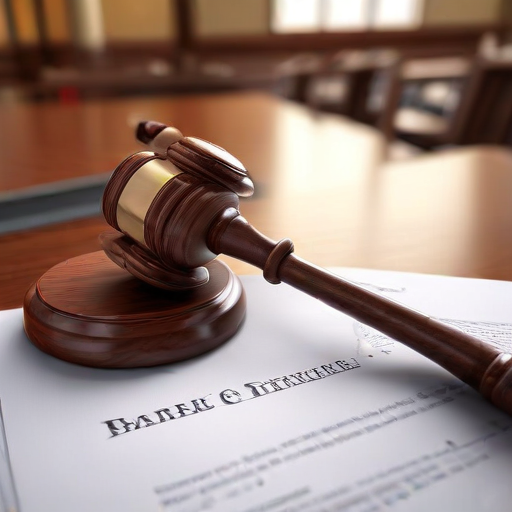Fulton County District Attorney Fani Willis has been disqualified from the election subversion case against Donald Trump and several co-defendants. The ruling from the Georgia Court of Appeals marks a significant legal development in the ongoing proceedings related to the efforts to overturn Trump’s 2020 electoral loss to Joe Biden in Georgia.
This decision reverses a prior ruling by a trial judge, who allowed Willis to remain on the case despite revelations of a romantic relationship with Nathan Wade, a prosecutor she had hired. The three-judge panel concluded that the trial court erred in its judgment, highlighting the necessity for disqualification to maintain public confidence in the integrity of the legal process. Importantly, this ruling does not dismiss the indictment against Trump and his co-defendants, which means that a new prosecutor will be appointed to handle the case moving forward.
Willis plans to appeal the ruling to the Georgia Supreme Court, as indicated by Pete Skandalakis, director of the Prosecuting Attorneys’ Council of Georgia. He noted that all appeal options have not been fully explored yet. Although any trial for Trump is unlikely to commence until after his presidential term, some co-defendants might face legal proceedings sooner, particularly following the guilty pleas of allies like Sidney Powell and Kenneth Chesebro.
Despite the controversy surrounding her relationship with Wade, which the judge described as a “serious lapse in judgment,” Willis maintained that the relationship did not affect her professional conduct in the case. The appeals court’s decision reflects a strong stance on maintaining public trust in judicial proceedings, emphasizing the importance of perceived integrity in high-profile legal cases.
This situation underscores the complexities of legal ethics and the potential implications of personal relationships within the prosecutorial arena. While some may view the ruling as a political victory for Trump, it also highlights the legal system’s attention to conflicts of interest and the critical nature of public confidence in judicial processes.
In a hopeful light, the case may encourage greater scrutiny and stricter ethical standards in prosecutorial practices, ultimately strengthening the legal system’s integrity. As this legal battle unfolds, it remains crucial for the judicial system to ensure that justice is administered fairly and transparently, reinforcing the faith of the public in its operations.
